Remote analytical techniques for characterisation of fuel derived materials
Nuclear fuel reprocessing ceased on the Sellafield site in 2022 and the site is now in its decommissioning phase. As part of decommissioning operations, Sellafield Ltd is carrying out a retrievals programme to remove fuel derived waste materials and transfer them for onward processing and eventual geological disposal.
Sellafield Ltd is seeking remote analytical techniques to characterise nuclear fuel derived waste materials. This will enable better sentencing of that waste for future processing operations and disposal, reducing associated risks and improving the efficiency of retrieval of legacy waste from existing storage facilities.
CHALLENGE AIMS
Sellafield Ltd is seeking solutions that can effectively identify and quantify fuel derived materials including:
- Magnox
- Magnesium hydroxide
- Uranium
- Uranium corrosion products, which are predominantly uranium oxide
These materials may be stored under dry, damp or underwater conditions, depending on the facility. It is understood that a single solution may not be viable to conduct characterisations under all of these conditions. Partial solutions that can characterise materials in any of the storage scenarios described are welcomed.
To enable characterisation within the FGMSP, a solution must be capable of being mounted on a Remotely Operated Vehicle (ROV) or manipulator arm, to reach fuel derived waste that is stored under water.
Wider benefits could be realised if a proposed solution can:
- Distinguish other materials such as steel and aluminium.
- Perform characterisation at various processing stages to ensure materials are managed appropriately and allow for informed decision-making based on accurate data.
- Characterise the compositions of materials in the MSSS compartments in-situ, prior to retrieval. This would allow for more streamlined retrieval operations and provide feedback to the current material transition models.
- Identify small pieces of waste, typically between 8mm and 100mm in size, which would improve waste management and processing outcomes.
As Sellafield Ltd’s legacy waste retrievals programme is currently ongoing, solutions that can be implemented within a 1-2 year timeframe would be advantageous.
Whilst deployability of characterisation methods is a critical consideration, finding a solution capable of conducting the required characterisation of these fuel derived materials is the initial challenge. Design of deployment methodology will be addressed at a later stage.
FIND OUT MORE
Please download the challenge statement for full details of this opportunity.
You can watch a webinar and Q&A session with the challenge owners for more information and details of how to apply.
The deadline for applications for this challenge is 3pm on Monday 14th April 2025.
ASSESSMENT OF APPLICATIONS
Applications are reviewed against set criteria by a panel of challenge owners, prospective end‐users from our partner organisations, and Game Changers project staff. Brief summary feedback will be provided if your project is not awarded feasibility funding.
Application forms and posters will be assessed consistently and transparently using the following criteria:
- How well does the application align with the challenge aims?
- Is the proposed solution credible from the perspective of deployment?
- What potential does the proposed solution have to transform practice in your area?
- Do you feel the applicant is well placed to deliver a feasibility project?
- Would the solution proposed in the application benefit from feasibility funding?
- Does the application meet the scope of the challenge?


